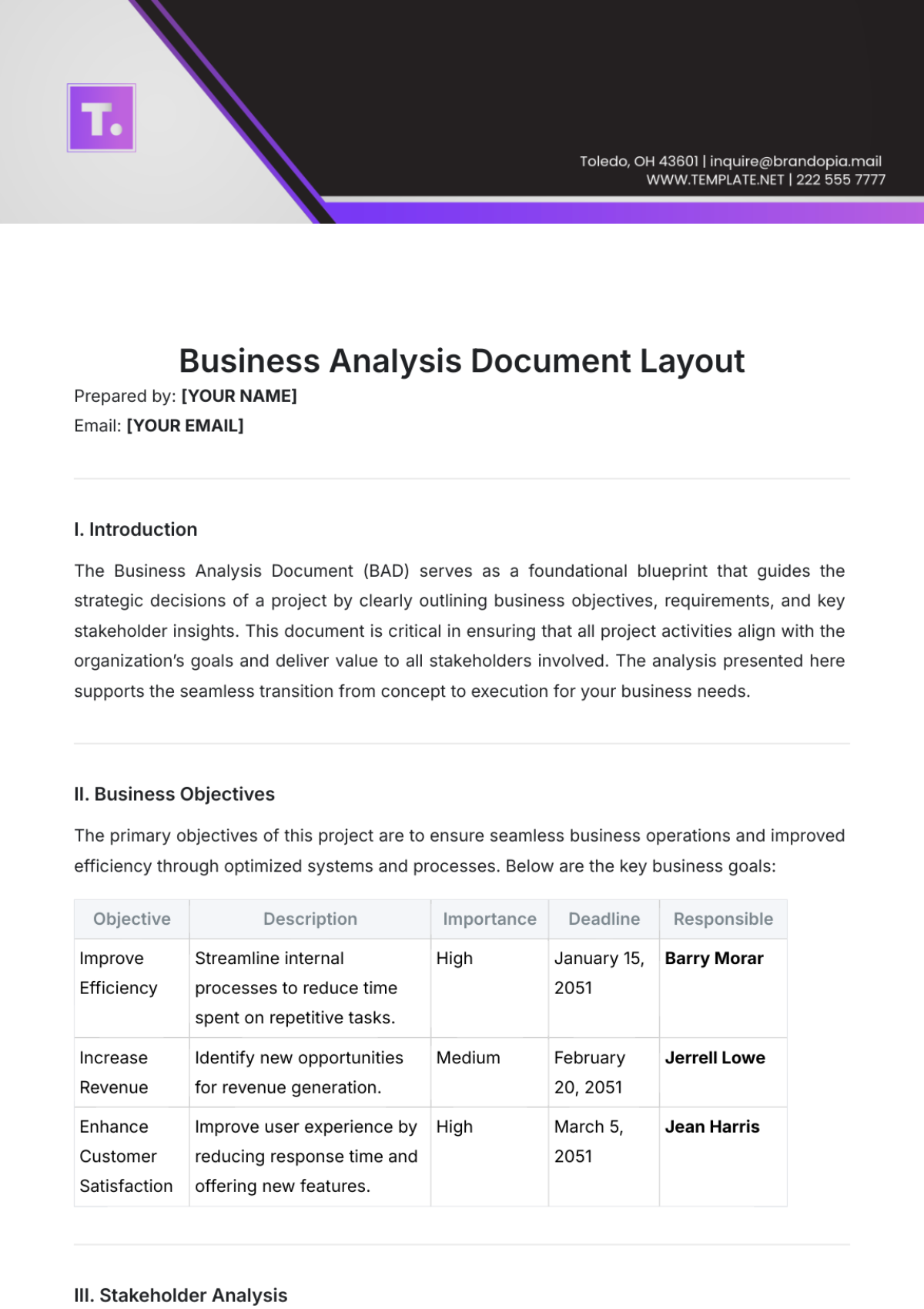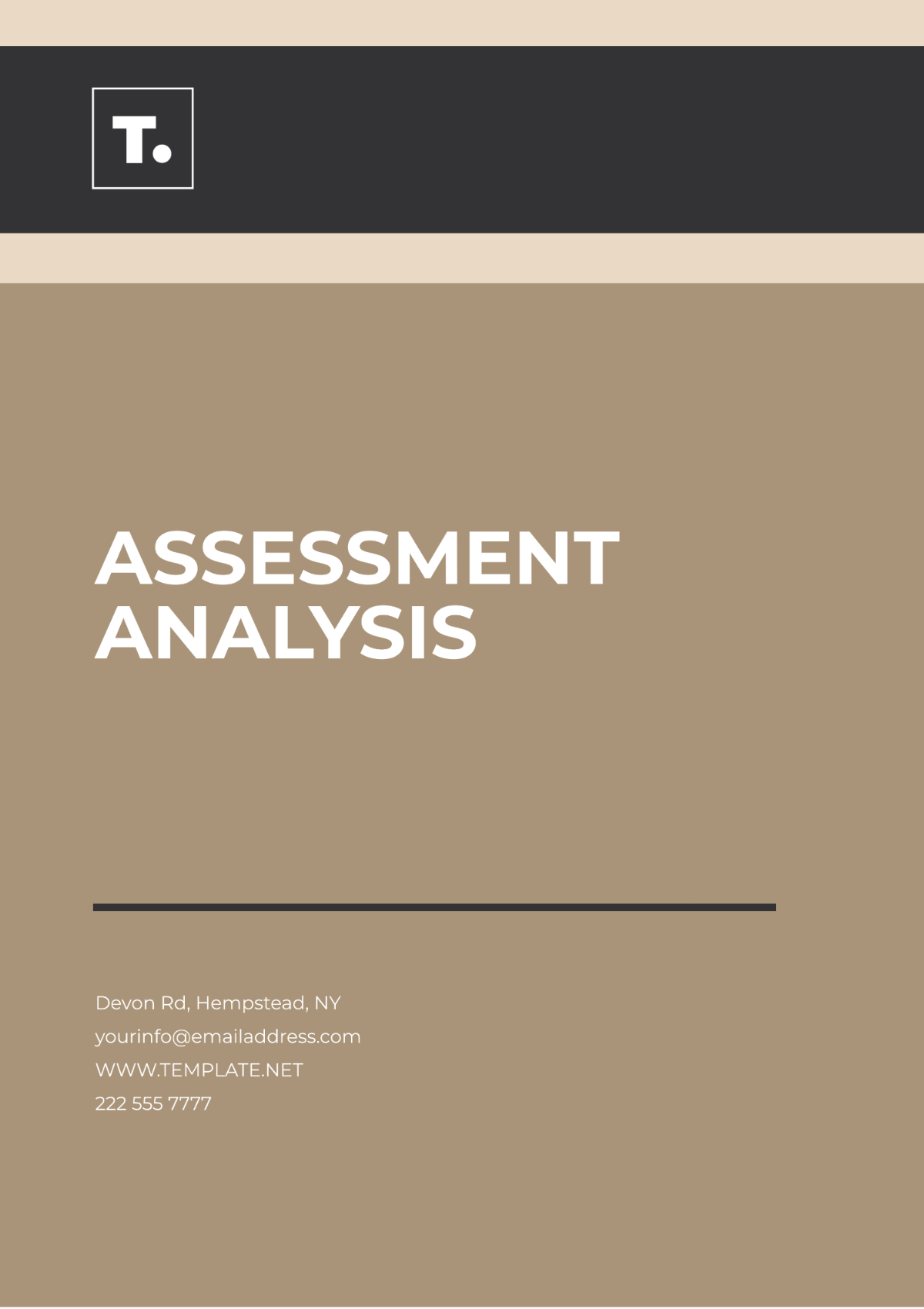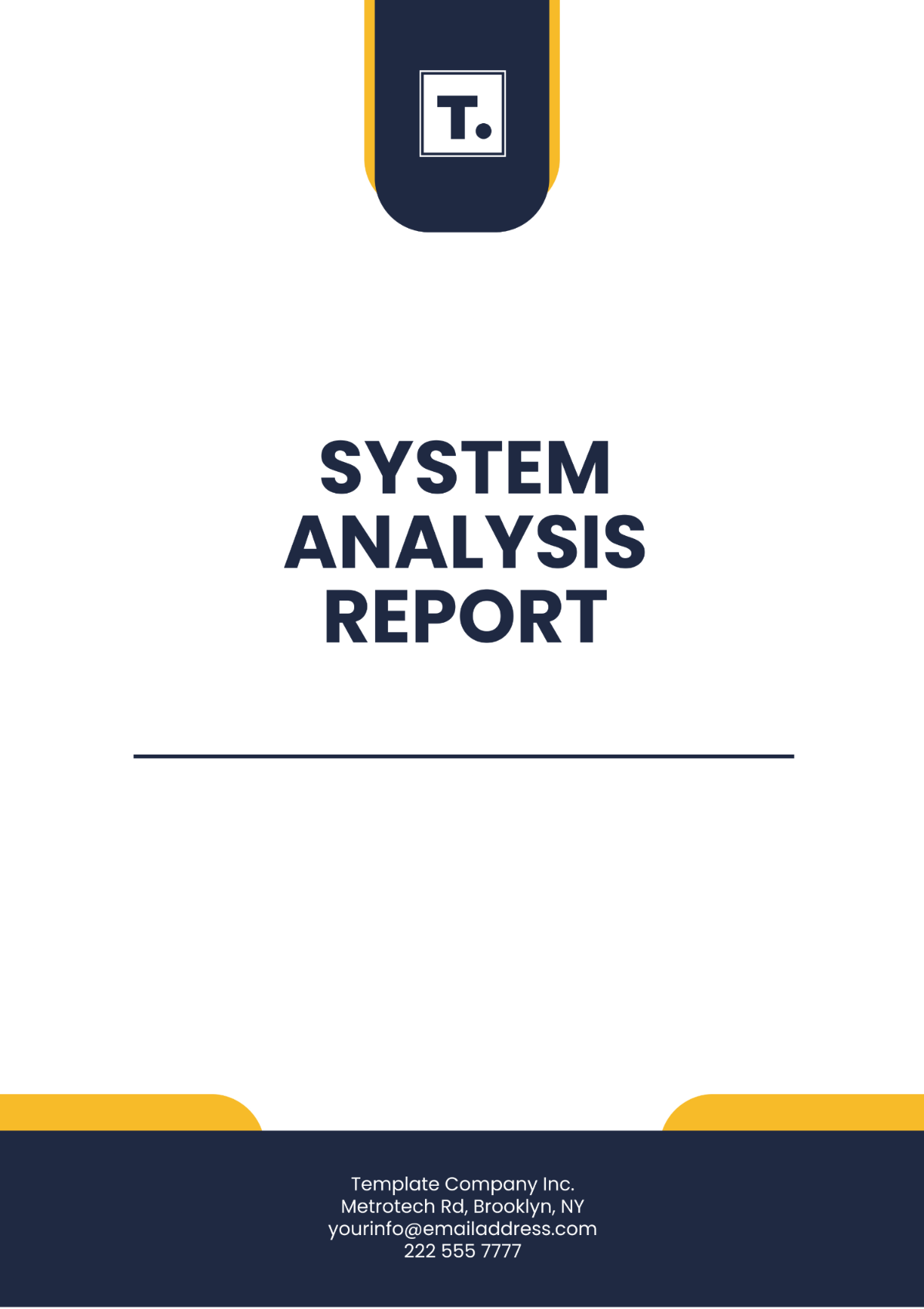Ethos Rhetorical Analysis
Prepared by: [Your Name]
Date: [Date]
1. Introduction
Ethos, one of Aristotle's three modes of persuasion, is a critical element in rhetorical analysis. It focuses on the credibility and ethical appeal of the speaker or writer. Analyzing ethos involves examining how an author establishes their credibility and whether they successfully gain the audience's trust. This analysis will cover the various ways ethos is employed and its impact on the effectiveness of the communication.
2. The Role of Ethos in Rhetoric
Ethos is integral to persuasive communication because it helps establish the speaker's or writer's authority and trustworthiness. A strong ethos can significantly influence how an audience perceives and accepts the presented argument. In this section, we will explore the core aspects of ethos, including its definition, importance, and elements.
2.1 Definition and Importance
Ethos refers to the ethical appeal of the speaker or writer, which involves establishing credibility and trustworthiness. Aristotle identified ethos as one of the key modes of persuasion, alongside logos (logical appeal) and pathos (emotional appeal). The importance of ethos lies in its ability to:
Build Trust: A speaker with high credibility is more likely to persuade an audience.
Enhance Persuasiveness: Ethos strengthens the argument by showing that the speaker or writer is knowledgeable and reliable.
Influence Audience Perception: A strong ethical appeal can sway the audience’s opinion and lead them to accept the argument more readily.
2.2 Elements of Ethos
Ethos is composed of several key elements that contribute to its effectiveness. These elements include:
Credibility: The speaker's or writer's qualifications and expertise on the topic.
Character: The perceived moral character and integrity of the speaker or writer.
Experience: Relevant experience and background that enhance the speaker's or writer's authority.
Trustworthiness: The degree to which the audience believes the speaker or writer is honest.
3. Strategies for Establishing Ethos
Effective use of ethos involves several strategies that help build credibility and gain the audience’s trust. These strategies include:
3.1 Demonstrating Expertise
To establish ethos, speakers or writers should:
Showcase Credentials: Highlight relevant qualifications, degrees, and professional experience.
Reference Achievements: Mention awards, recognitions, and successful projects that reflect expertise.
Use Evidence: Provide accurate and well-researched information that supports claims.
3.2 Displaying Integrity
Demonstrating integrity involves:
Being Transparent: Clearly state any potential conflicts of interest or biases.
Maintaining Consistency: Ensure that the arguments and statements are consistent and reliable.
Admitting Mistakes: Acknowledge errors or limitations in the argument or data.
3.3 Building Rapport
Connecting with the audience is crucial for establishing ethos. Strategies include:
Understanding the Audience: Tailor the message to the audience’s values, interests, and needs.
Using Appropriate Language: Employ language and tone that resonate with the audience while maintaining professionalism.
Engaging Personally: Share personal experiences or stories that relate to the topic and build a connection.
4. Evaluating Ethos in Practice
To assess the effectiveness of ethos in a given text or speech, consider the following criteria:
4.1 Credibility Assessment
Qualifications and Expertise: Does the speaker or writer have relevant qualifications and experience?
Evidence of Authority: Are there credible sources or references that support the arguments?
4.2 Character Evaluation
Perceived Honesty: Is the speaker or writer viewed as trustworthy?
Consistency in Message: Is the message consistent with the speaker's or writer's known values and past statements?
4.3 Audience Perception
Engagement Level: How does the audience respond to the speaker’s or writer’s message?
Trust Building: Has the speaker or writer successfully built trust with the audience?
5. Examples of Ethos in Rhetorical Contexts
5.1 Example 1: Academic Journal Article
In academic writing, ethos is established through:
Author Credentials: The author's academic background and institutional affiliation.
Peer Review: The article's acceptance in a reputable journal reflects the author's credibility.
Citations: Referencing authoritative sources supports the author’s reliability.
5.2 Example 2: Political Speech
In political speeches, ethos is built by:
Public Service Record: The speaker’s past achievements and roles in public service.
Personal Integrity: Demonstrating commitment to ethical standards and transparency.
Connection with Voters: Addressing issues relevant to the audience’s concerns and values.
6. Conclusion
Ethos plays a fundamental role in persuasive communication by establishing credibility, demonstrating integrity, and building rapport with the audience. Effective use of ethos can significantly enhance the persuasiveness of an argument and influence the audience's acceptance of the message. By carefully analyzing the elements and strategies of ethos, one can better understand and evaluate the effectiveness of rhetorical communication.

















































